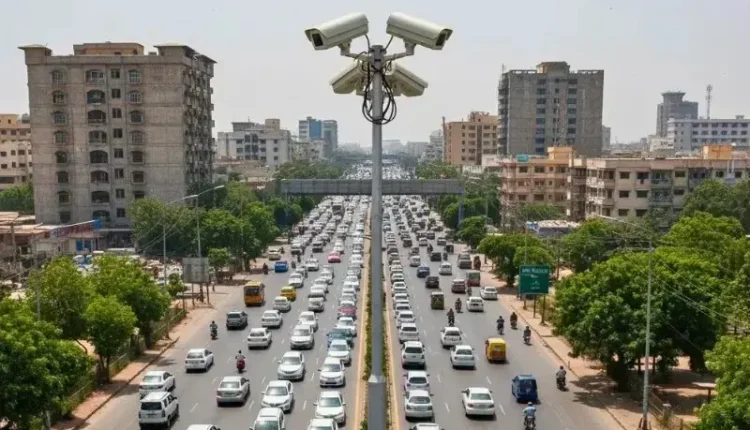The Challenges Facing Karachi’s E-Challan System: A Digital Solution Falling Short
When Karachi introduced its electronic challan (e-challan) system, it was seen as a major step toward modernizing traffic management. The plan was to use cameras at key intersections to automatically detect violations and issue fines through a digital database. What seemed like an innovative move to reduce corruption and improve efficiency has, however, faced significant challenges that hinder its intended impact.
The Promise vs. The Reality
The e-challan system aimed to cut out human discretion by automating fine issuance, promoting transparency and efficiency. In reality, however, the system has struggled with issues like incorrect fines, limited public awareness, and transparency problems, leaving many citizens frustrated.
Common Problems with the E-Challan System
- Incorrect Fines: Many vehicle owners receive fines for cars they no longer own due to outdated data in the Sindh Excise and Taxation Department’s records.
- Lack of Public Awareness: Many low-income citizens, especially motorcycle and rickshaw drivers, lack the digital literacy to navigate the system or even know it exists. This often leads to delayed awareness of fines, primarily when renewing registrations or licenses.
Transparency and Accountability Issues
The system lacks transparency, with most motorists unable to access photographic or video evidence of their violations. This leads to either unquestioned payments or lengthy disputes, further eroding trust in the system.
Potential and Path Forward
Despite these flaws, the e-challan system has potential to improve accountability and curb corruption. However, its current issues must be addressed for it to realize its full benefits.
Steps for Improvement:
- Database Synchronization: Traffic police and excise departments should update records regularly to reduce incorrect fines.
- Public Awareness Campaigns: Widespread media campaigns, including TV, radio, and social media, should educate the public on how to use the e-challan system.
- Transparency Enhancements: Citizens should have access to photographic or video proof of violations, building trust and reducing disputes.
- Responsive Complaint Mechanism: An efficient system for resolving complaints can prevent minor issues from escalating.
A Broader Lesson for Digital Governance
The challenges faced by the e-challan system reflect a broader truth about digital governance in Pakistan: success depends not just on the technology, but on how transparently and fairly it’s implemented. Until accuracy, accountability, and user convenience are prioritized, the system will remain a well-intentioned but flawed project. Only when digital systems truly serve the public will Karachi’s roads see real change.



Comments are closed.